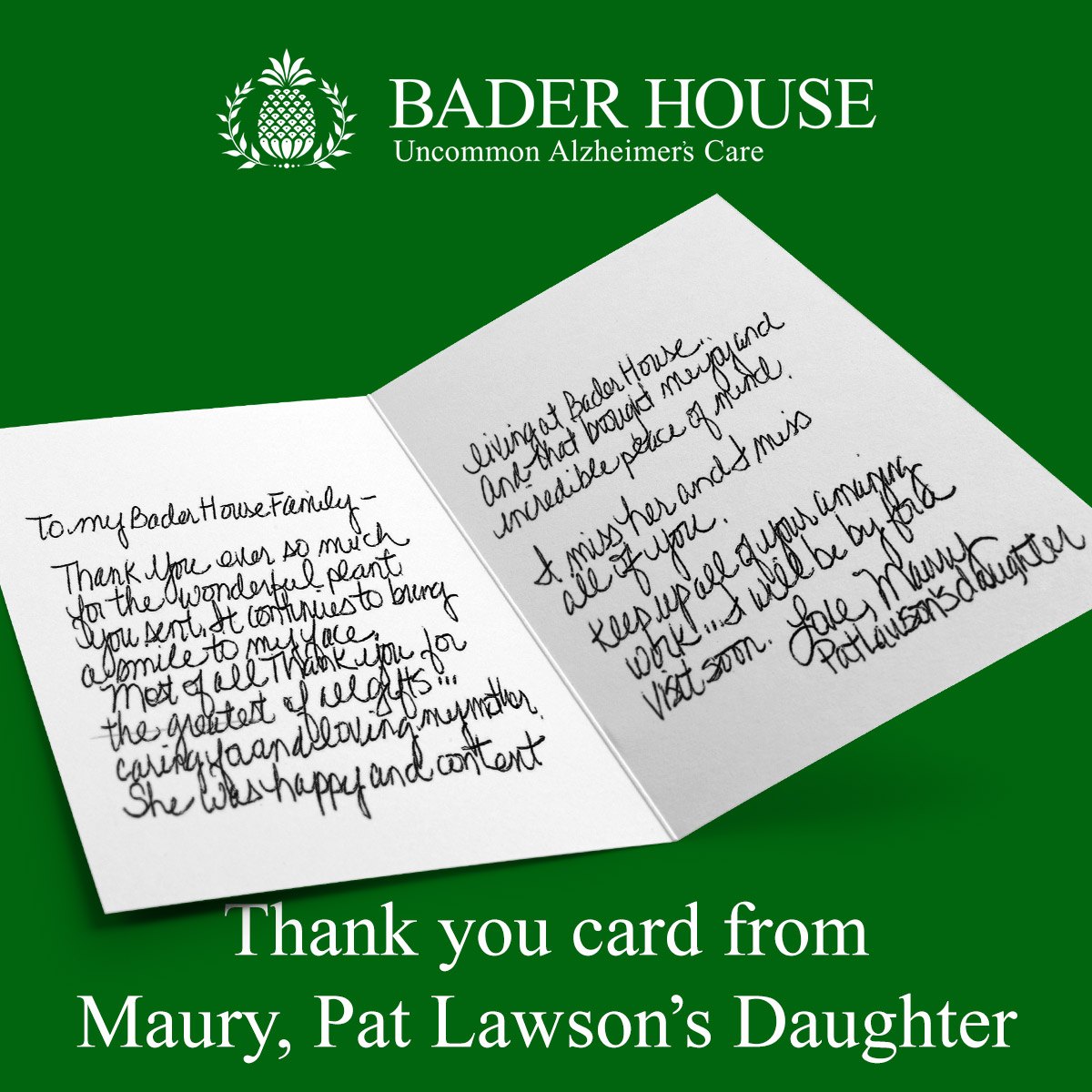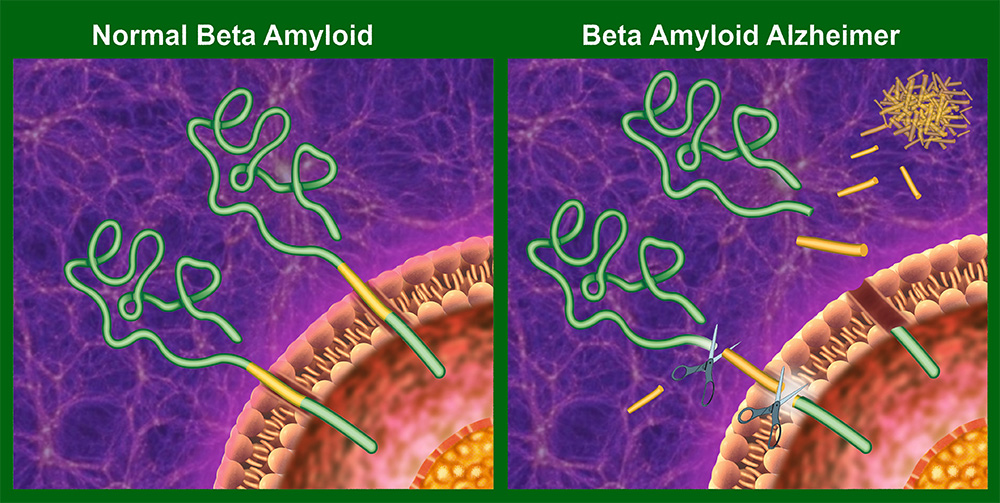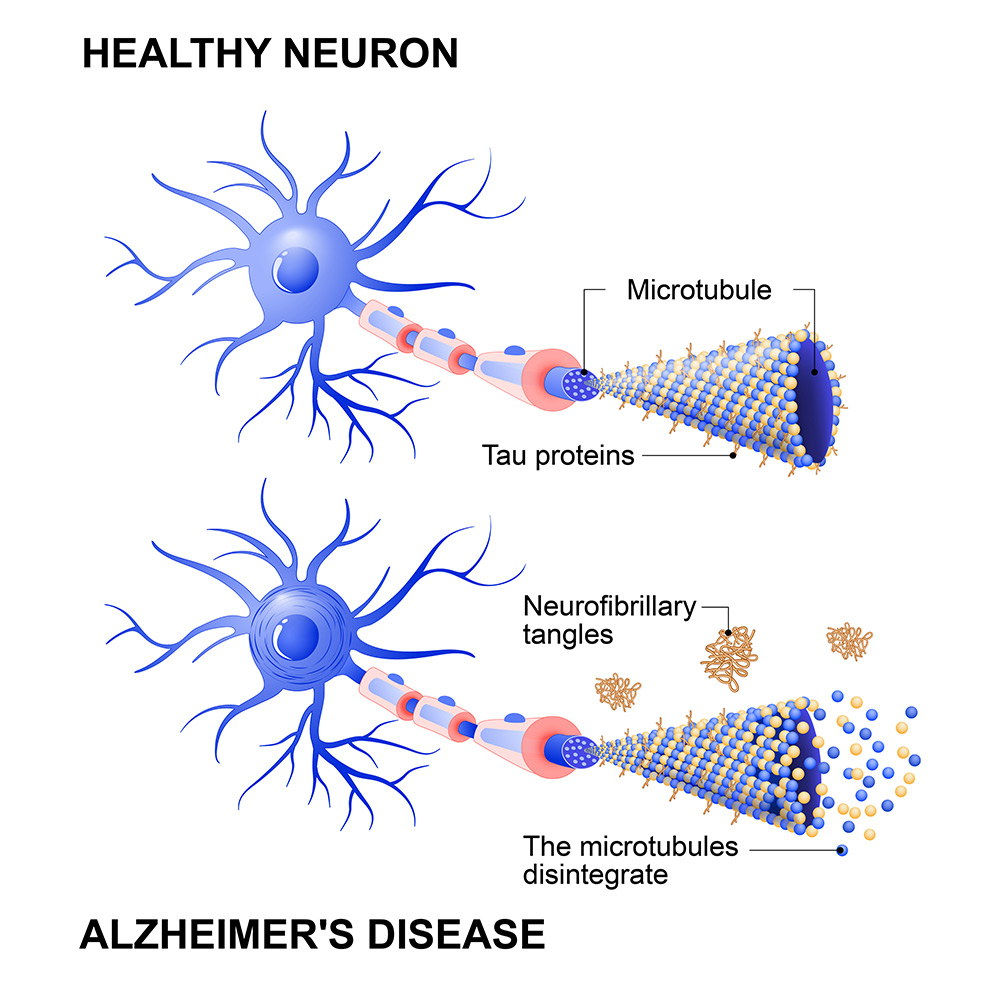Amnesia vs Dementia: What’s the Difference?

Amnesia vs Dementia
“50 First Dates,” “While You Were Sleeping,” “The Bourne Identity” — these are just a few Hollywood classics that depict extreme cases of amnesia—a memory loss condition that isn’t usually as dramatic as these film renderings make it out to be.
Still, amnesia is a serious condition, one that is often confused with dementia—another condition that causes memory loss (and has been depicted by Hollywood). Because of this, amnesia and dementia are often confused.
Are they the same? If not, how are they different?
Amnesia and dementia are not the same, but they can be connected. Understanding what each condition is and its causes will help distinguish them.

What is amnesia?
Amnesia, also known as amnestic syndrome, is a condition that causes memory loss. This memory loss ranges and varies per case but typically causes people to forget facts, information and past experiences and can make it difficult for someone to learn new information.
Most people with amnesia still remember who they are. The memory loss is more often associated with short-term memory. Amnesia does not affect someone’s intelligence, motor skills or language skills.
There are two primary types of amnesia: retrograde and anterograde.
Retrograde amnesia causes recent memory loss, such as memories that occurred just before the event that caused the amnesia, but it does not affect long-term memory.
Anterograde amnesia prevents someone from forming new memories. This type of amnesia is rare.
Other types of amnesia include dissociative amnesia, which can cause you to have difficulty remembering things about yourself or certain times in your life; post-traumatic amnesia, when a traumatic brain injury causes you to act in a strange manner and lose recent memory; and drug-induced amnesia, memory loss caused by drugs like Xanax, Ambien or ketamine.
What causes amnesia?
Amnesia is a sudden onset disorder that can be caused by a specific event such as a head injury, oxygen depletion, high alcohol use, emotional trauma or damage to the hippocampus (an area of the brain responsible for memory). Stroke, brain tumors, brain infections, concussions and certain drugs (like we mentioned above) can also cause amnesia.
What is dementia?
Dementia is not a disease in and of itself but rather a group of symptoms related to neurodegeneration, which is a deterioration of cells in the brain. Symptoms of dementia include not just memory loss but also difficulty with reasoning or judgment; changes in thinking skills, language and behavior; and a decrease in the ability to focus.
Several conditions can cause dementia, including Alzheimer’s disease, which would be considered a type of dementia. Other types of dementia include Huntington’s disease, Lewy body dementia, vascular dementia, Parkinson’s disease dementia and mixed dementia.
Dementia is more than the natural decline that comes with aging. Dementia signifies damage has been done to the brain to the extent that it is interfering with a person’s cognitive and physical functions and abilities.
Can dementia cause amnesia?
Dementia can cause retrograde amnesia. This is typically the type of memory loss associated with Alzheimer’s disease. People who are living with Alzheimer’s live in their long-term memory but have a hard time retaining short-term memories.
This association, however, does not mean dementia and amnesia are the same. As Lone Star Neurology explains, “While dementia is characterized by a general loss of higher brain functioning, amnesia exclusively affects memory.”
Dementia eventually affects all bodily systems. It is a fatal disease while amnesia is temporary, often treatable and not fatal.
While amnesia is caused by a specific event—head trauma, for example—dementia is not caused by a sudden onset event. It is a progressive disease that worsens over time. While head injury can make someone more susceptible to developing dementia in the future, the actual cause of dementia is more complicated.
What causes dementia or Alzheimer’s disease?
The cause of Alzheimer’s-related dementia has been strongly linked to genetics, environmental factors and lifestyle factors. Age is a major factor in dementia as well, as most cases are found in those age 65 and older.
On a cellular level, however, researchers point to certain types of plaques and proteins in the brain as possible causes of the disease.
Beta-amyloid protein

When doctors and researchers have studied the brain of someone who died from Alzheimer’s, the collections of abnormal amounts of proteins seem to be what disrupt and destroy healthy cells. These proteins are known as beta-amyloid.
The presence of beta-amyloid plaque is a bit of a “Which came first—the chicken or the egg?” conundrum for researchers. It’s still unclear if these clusters cause Alzheimer’s disease or if Alzheimer’s disease causes the plaque buildup. Regardless, beta-amyloid plaque has become known as a hallmark of the disease.
Tau protein

Tau proteins are also a naturally occurring protein in the brain. Tau is a vital part of the structure of a neuron, ensuring nutrients and molecules can travel through the cell. Chemical changes in the brain can cause tau to stick to one another in an abnormal way and get tangled. These are known as neurofibrillary tangles. These tangles interfere with neuron communication and have also become known to researchers as a hallmark of Alzheimer’s disease.
How do you treat dementia or Alzheimer’s?
There is no cure for Alzheimer’s or other forms of dementia. Recent medical breakthroughs have made some researchers hopeful in medications like Aduhelm, which targets plaque build-up in the brain.
Other than medications, many of which are still under trial, the best way to help reduce the symptoms of dementia is to focus on lifestyle factors such as diet, exercise and social connection.
How do you treat amnesia?
Unlike dementia and Alzheimer’s, amnesia is treatable by treating the cause of the amnesia.
If the amnesia was caused by a head injury, amnesia will likely be temporary and resolve itself as the injury heals. This could take a few days or a few months, depending on the extent of the injury.
If amnesia was caused by alcohol or substance abuse, a substance detox will be necessary as well as treating the addiction. Dissociative amnesia is caused by a traumatic event, such as war, abuse or a natural disaster. Psychotherapy and other forms of therapy such as eye movement desensitization and reprocessing (EMDR) can target the trauma that led to the amnesia and help someone work through the event or events, so they can address, rather than repress, the memories associated with that time.
Amnesia vs Dementia: The main differences between amnesia and dementia
In summary, these are the main differences between amnesia and dementia:
If you are struggling with memory loss, it’s important to talk to your doctor to determine what the underlying cause is so you can begin treatment as soon as possible.





